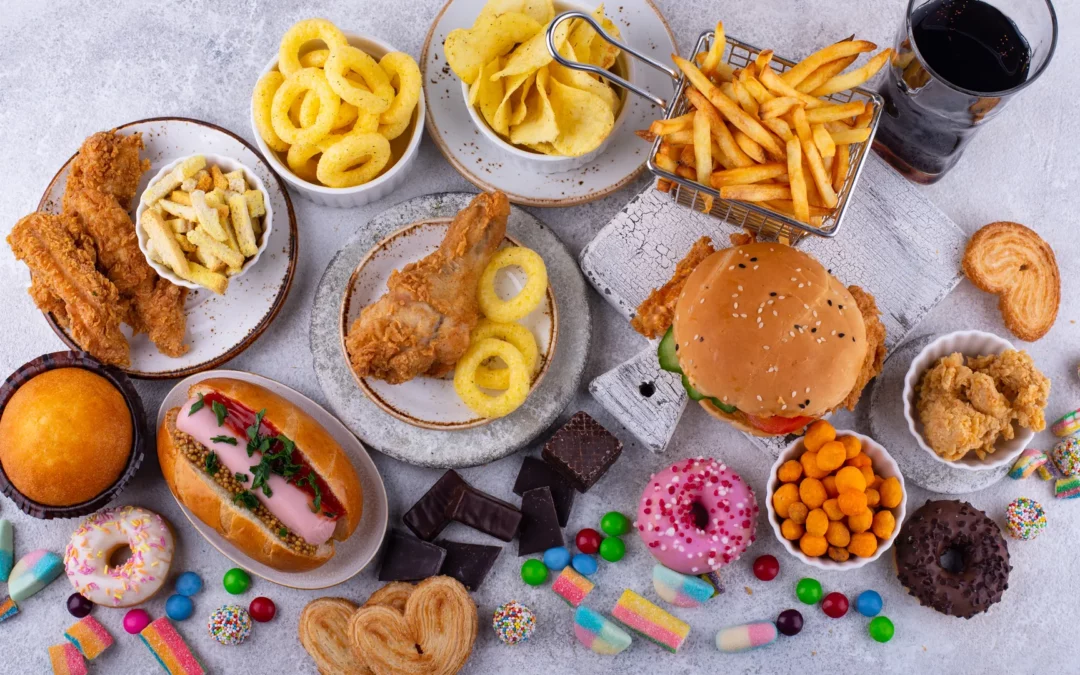
by Audra Starkey | Jul 15, 2021 | Nutrition
Are you eating food made out a laboratory … AKA lots of ultra-processed, refined and sugar-laden foods, or more whole, real foods designed by Mother Nature? Because apart from the fact the body struggles to break down and digest these types of “foods”, according to...

by Audra Starkey | Jun 15, 2021 | Day shift, Nutrition, Recipes, Sleep
Do you tend to eat the same type of meals over and over again? Maybe you’ve got a close relationship going on with your breakfast cereal?!! Well I’d like to inspire you to live on the edge a little … and add some colour and variety to your plate (or bowl!) Why?...

by Audra Starkey | Mar 10, 2021 | HSW, Nutrition, Sleep
I was speaking at a conference on the weekend, and I asked the attendees the following question: “Do you have a lollie jar stashed in a drawer at work? There were quite a few nods in the room, and one guy even said they have a Lollie Locker! Whooska. Well, at...

by Audra Starkey | Sep 24, 2020 | Immunity, Sleep
Did you know the simple act of earthing, otherwise known as grounding can help to improve sleep? Sound a bit strange – or to good to be true? Earthing works because when direct skin comes into contact with the ground, it helps to rectify an electron...

by Audra Starkey | Feb 11, 2020 | Immunity, Sleep
Today I want to talk about why we need to be prioritising our sleep when working 24/7 – which I know sounds like a bit of a no-brainer when working irregular hours, but surprisingly so many of us aren’t doing it! Having worked with SO many clients over the...





